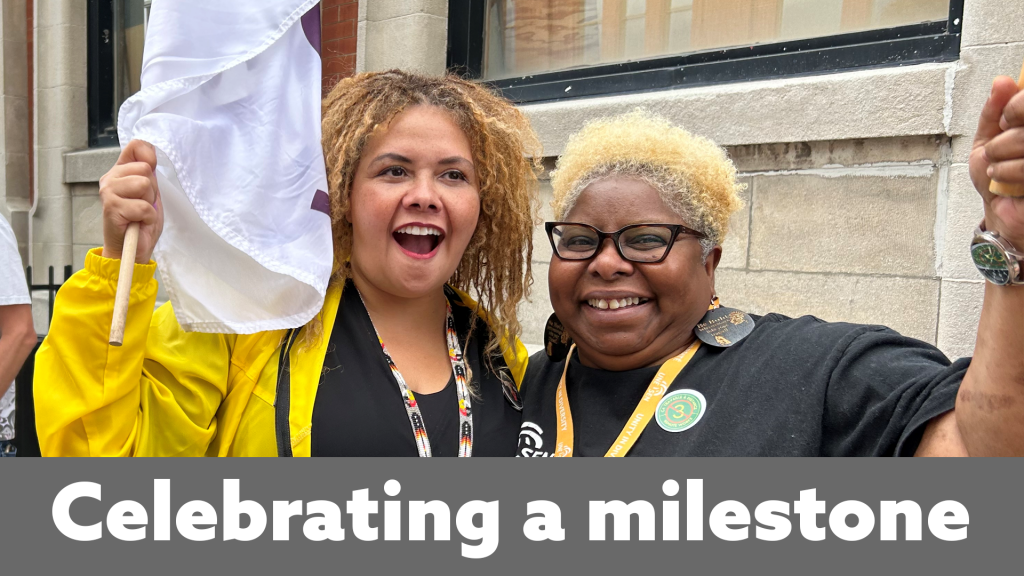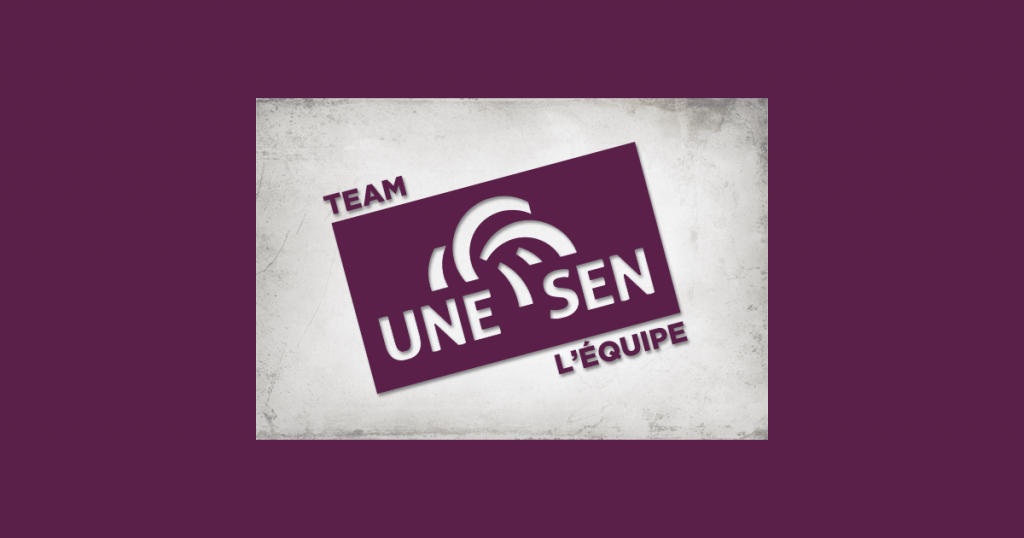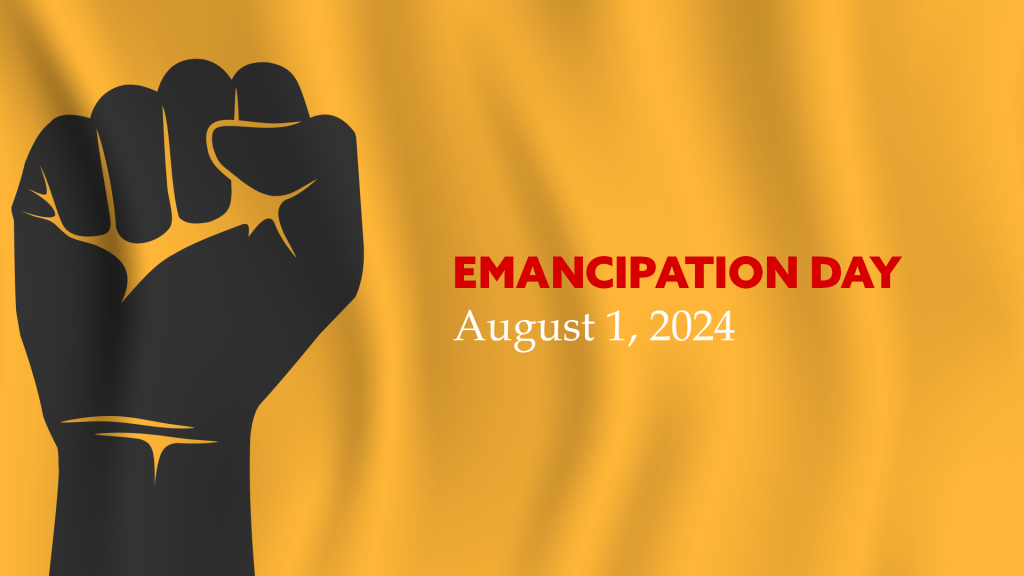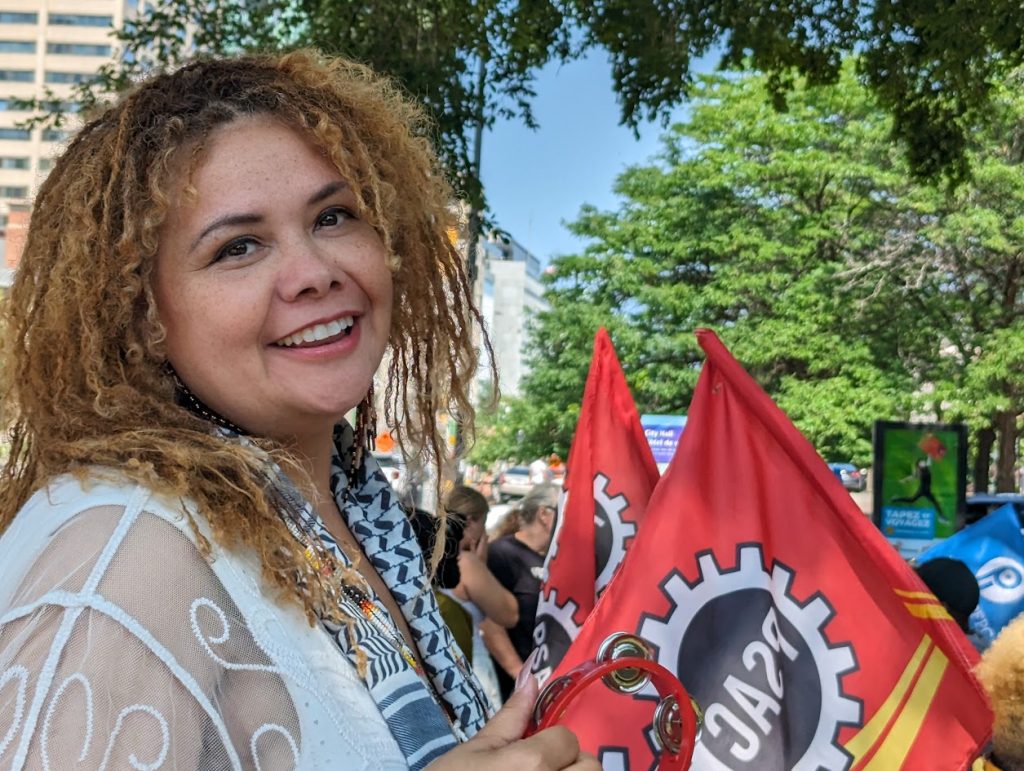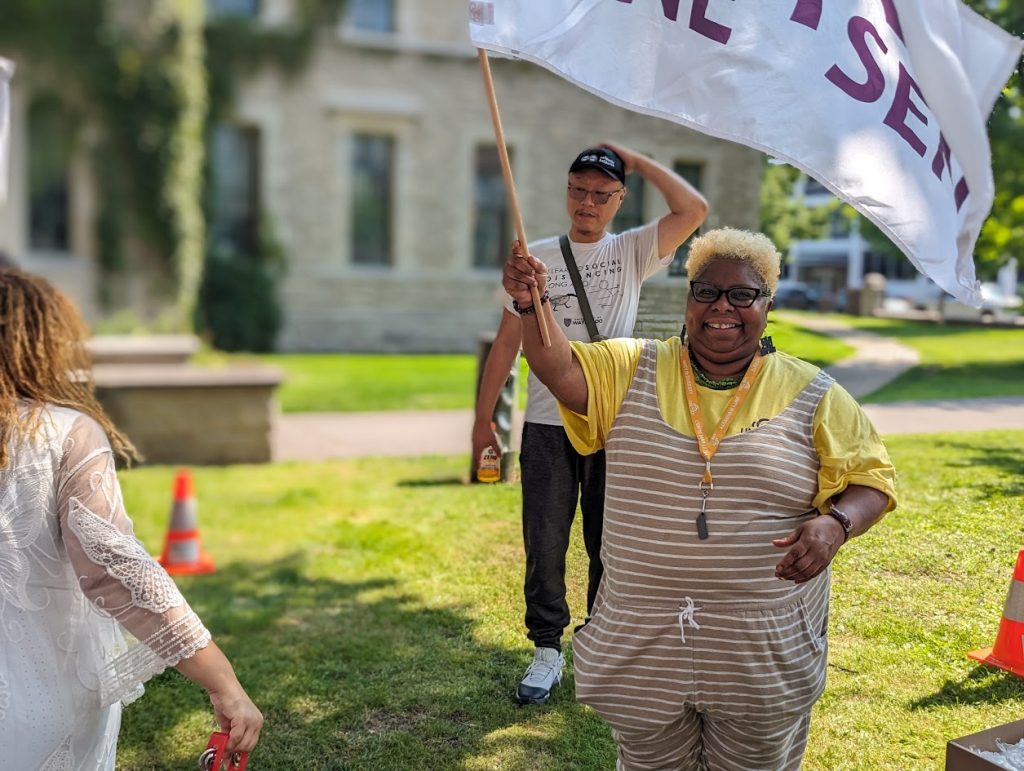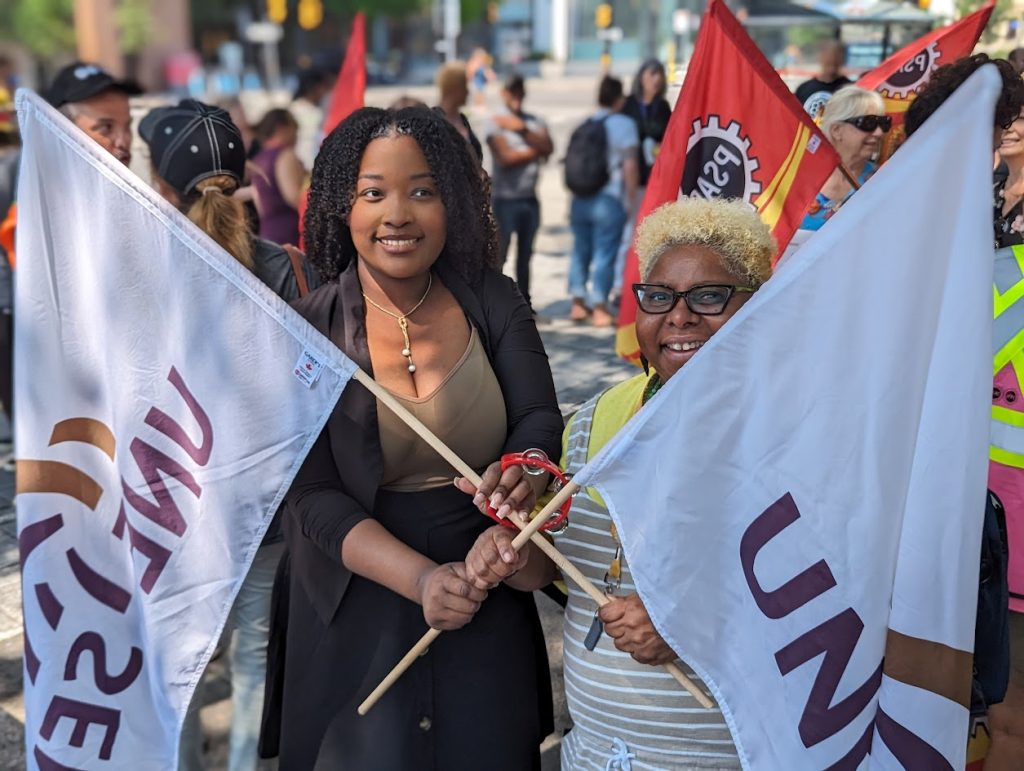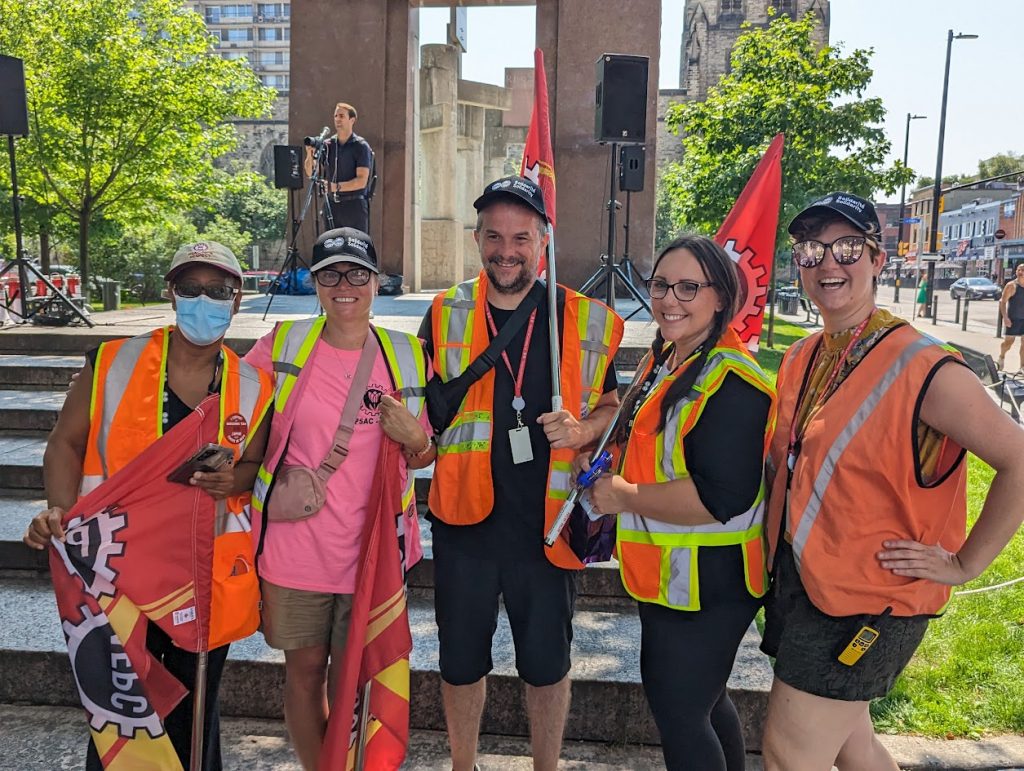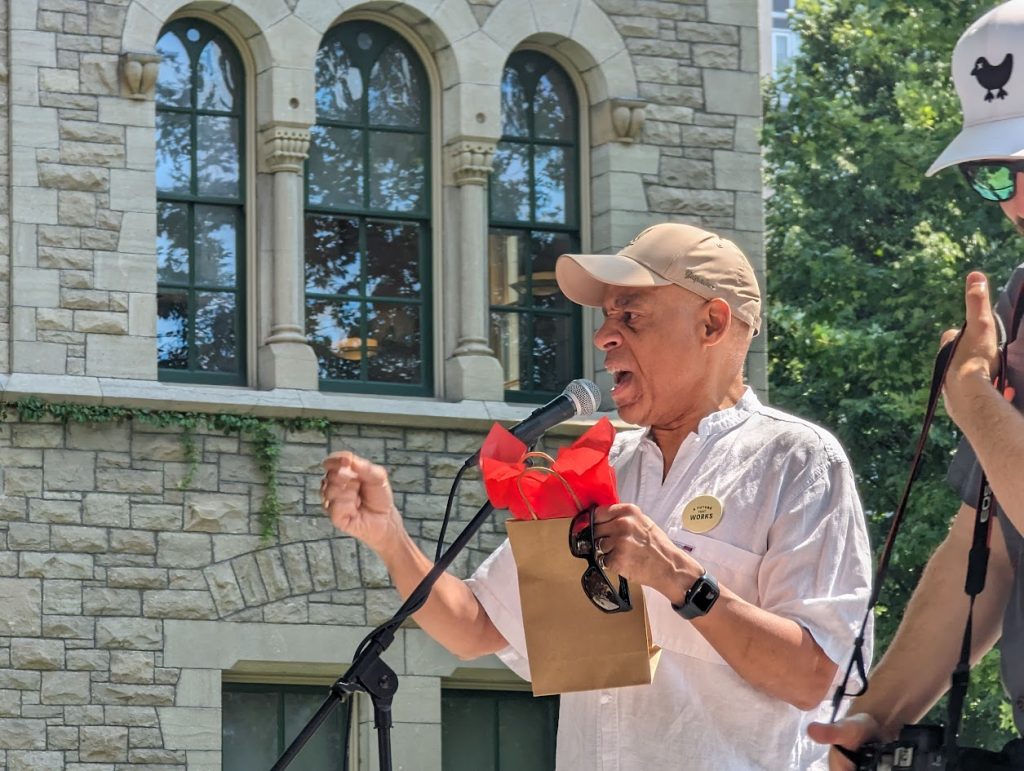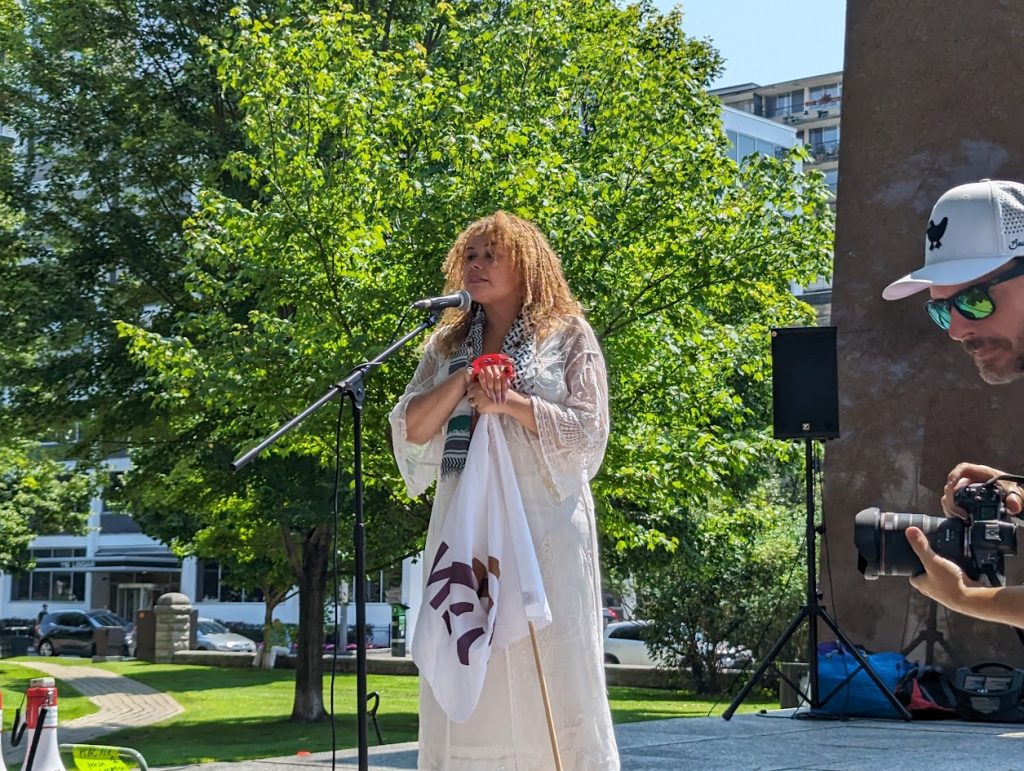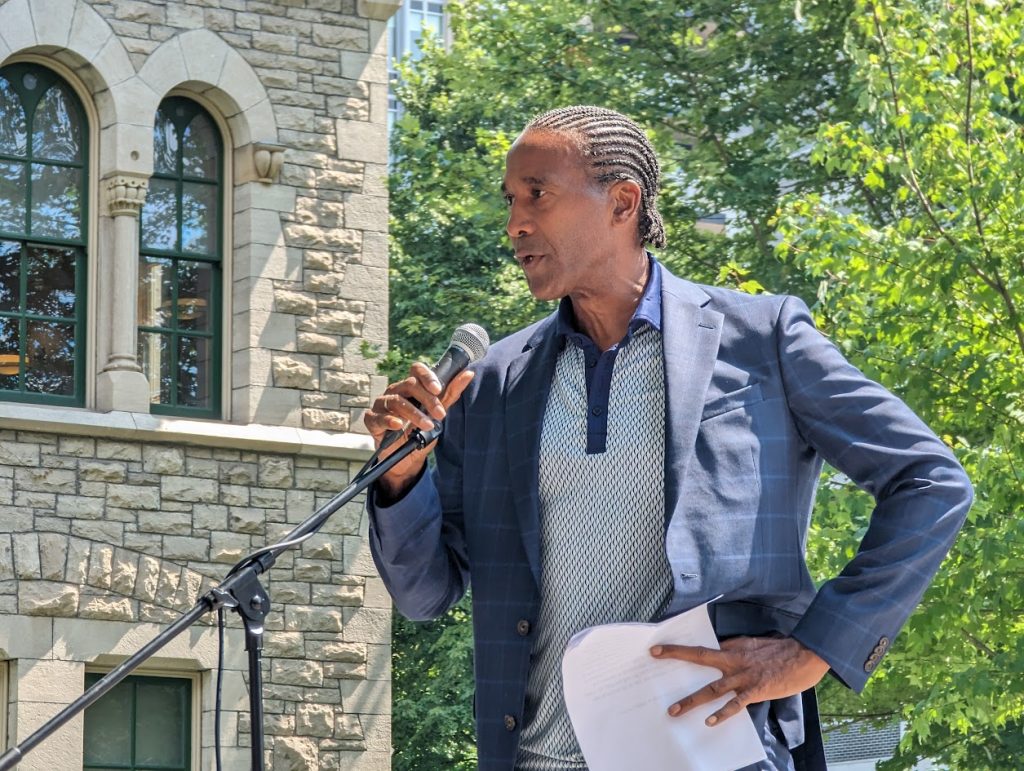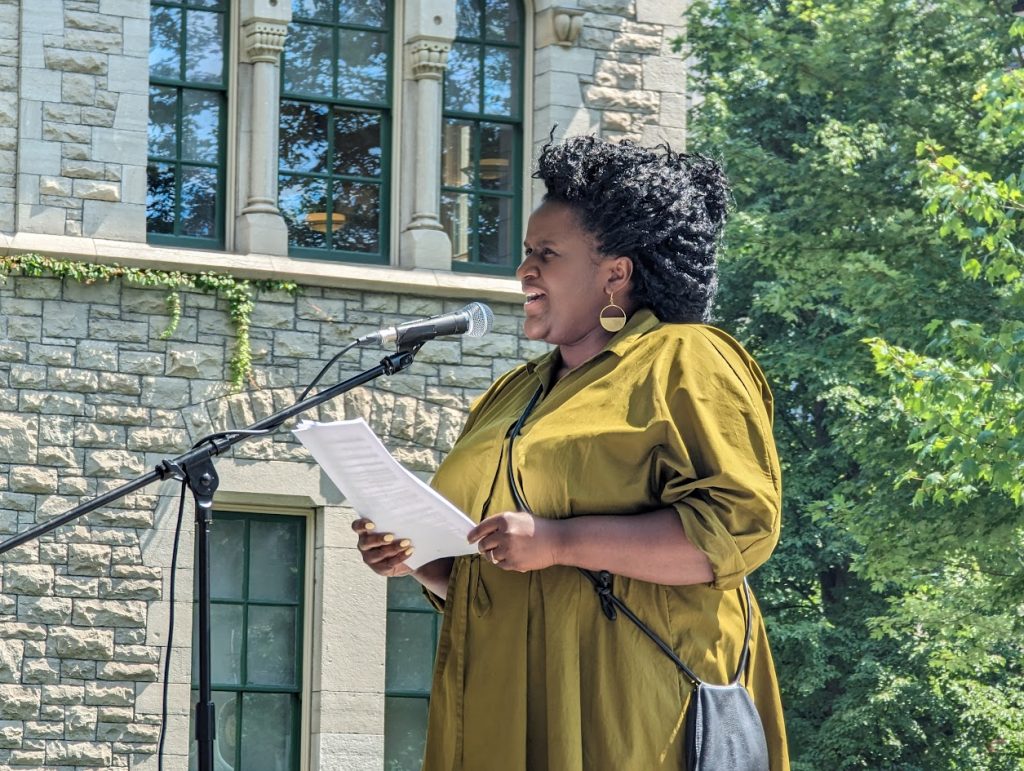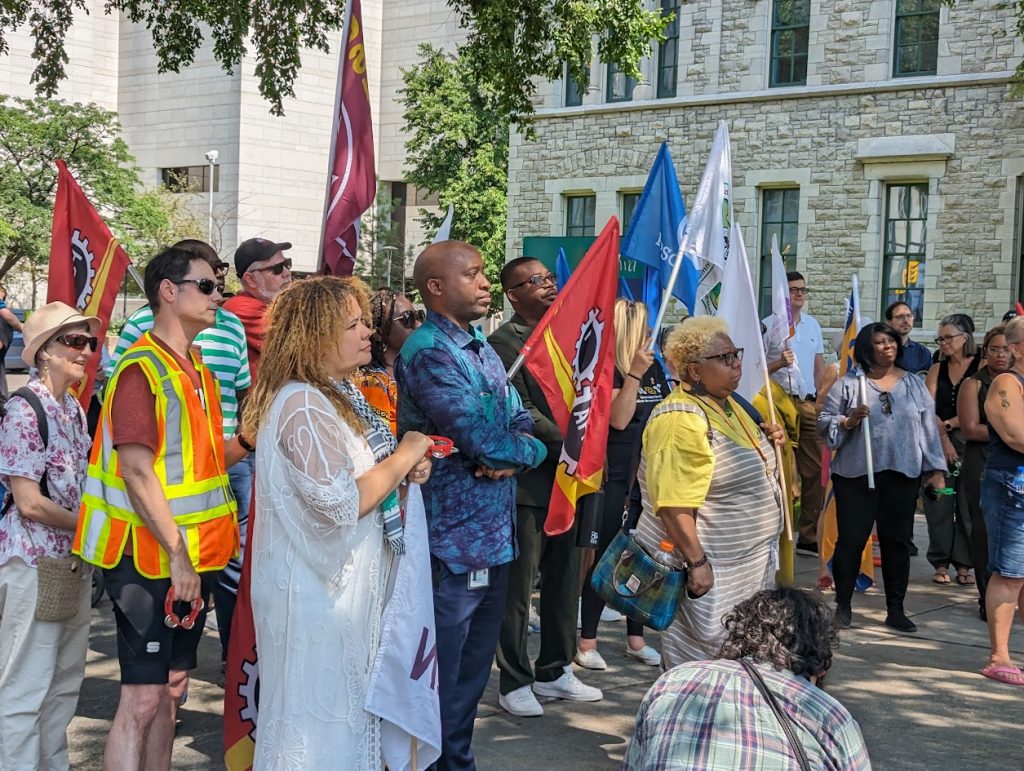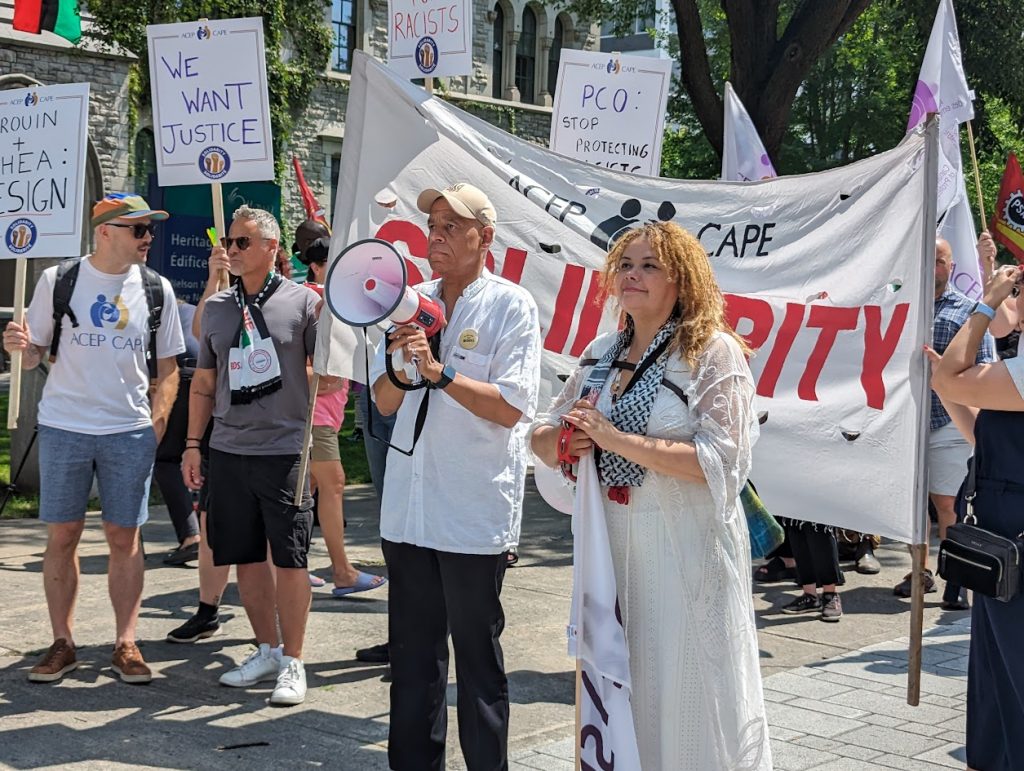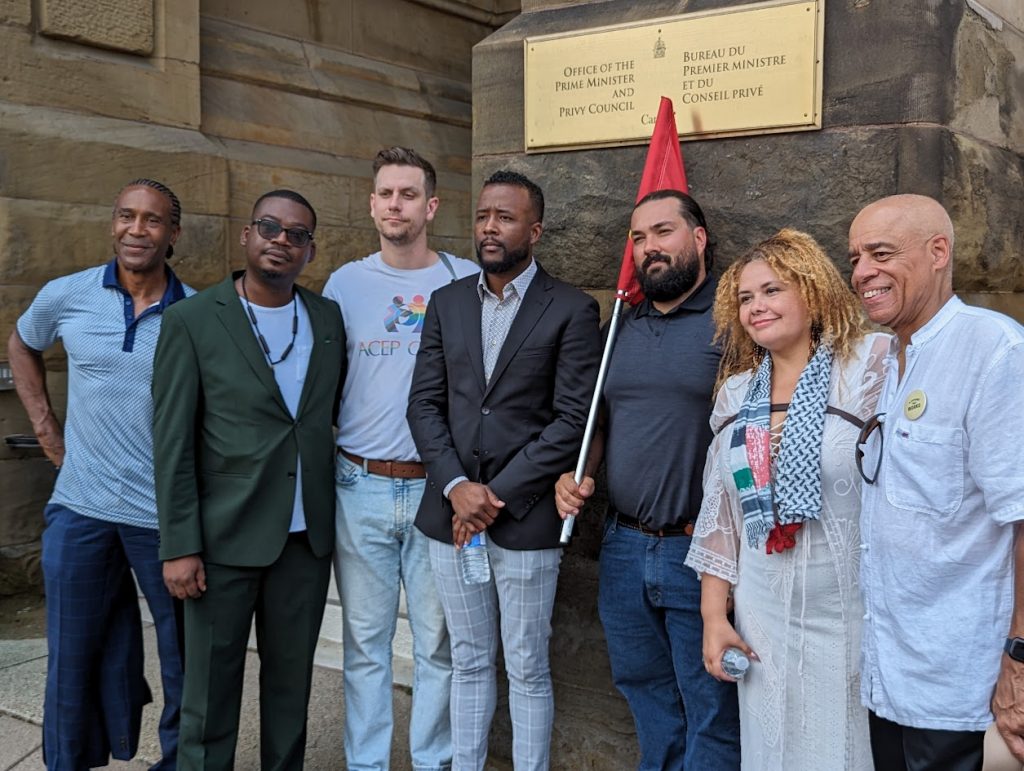
The Federal Court will hold a full hearing to review PSAC’s application to quash the federal government’s decision to force federal public service workers back into ill-equipped offices three days a week beginning September 9.
This is an important victory for workers and unions who have been pushing back against the government’s unilateral decision announced in May that has had sweeping impacts on federal workers and led to mass protests, legal challenges and a wave of individual grievances.
“The Federal Court’s decision to hear our case is an important win for federal workers fighting for a fair and transparent approach to telework,” said PSAC National President Sharon DeSousa. “Remote work is the future of work, and we won’t let the government off the hook for breaking their commitments and ignoring the voices of federal public service workers.”
The government attempted to have the case thrown out or delayed by the Court until existing legal challenges – including several policy grievances and unfair labour practice complaints disputing the mandate – are heard by a federal board.
But the Federal Court judge ruled that Treasury Board failed to deliver the “knock-out punch” to the grounds for PSAC’s application to warrant dismissal.
The hearing will be a major step for unions and workers looking for transparency around its decision to bring workers back into the office three days a week, as the government will now need to make their case and present their reasoning for making the decision to bring workers back to the office.
Although this does not mean that the Federal Court endorses PSAC’s position, it will allow us to fully argue our case in court. This is part of PSAC’s broader effort to demonstrate that telework is the way of the future and hold the government accountable for its misguided mandate.
What members can do
This is just one of several ways PSAC is continuing the fight for fair telework. Members can take action by:
- Filing an individual grievance on remote work;
- Signing our petition;
- Answering our brief mobilization survey;
- Getting involved with your local.
This fall, PSAC will be launching a national joint telework campaign alongside other unions. But to win this fight, we will need the support of members from coast to coast to coast organizing and making noise in their workplaces. Together, we will show the government, decision-makers and the public that #RemoteWorks.


